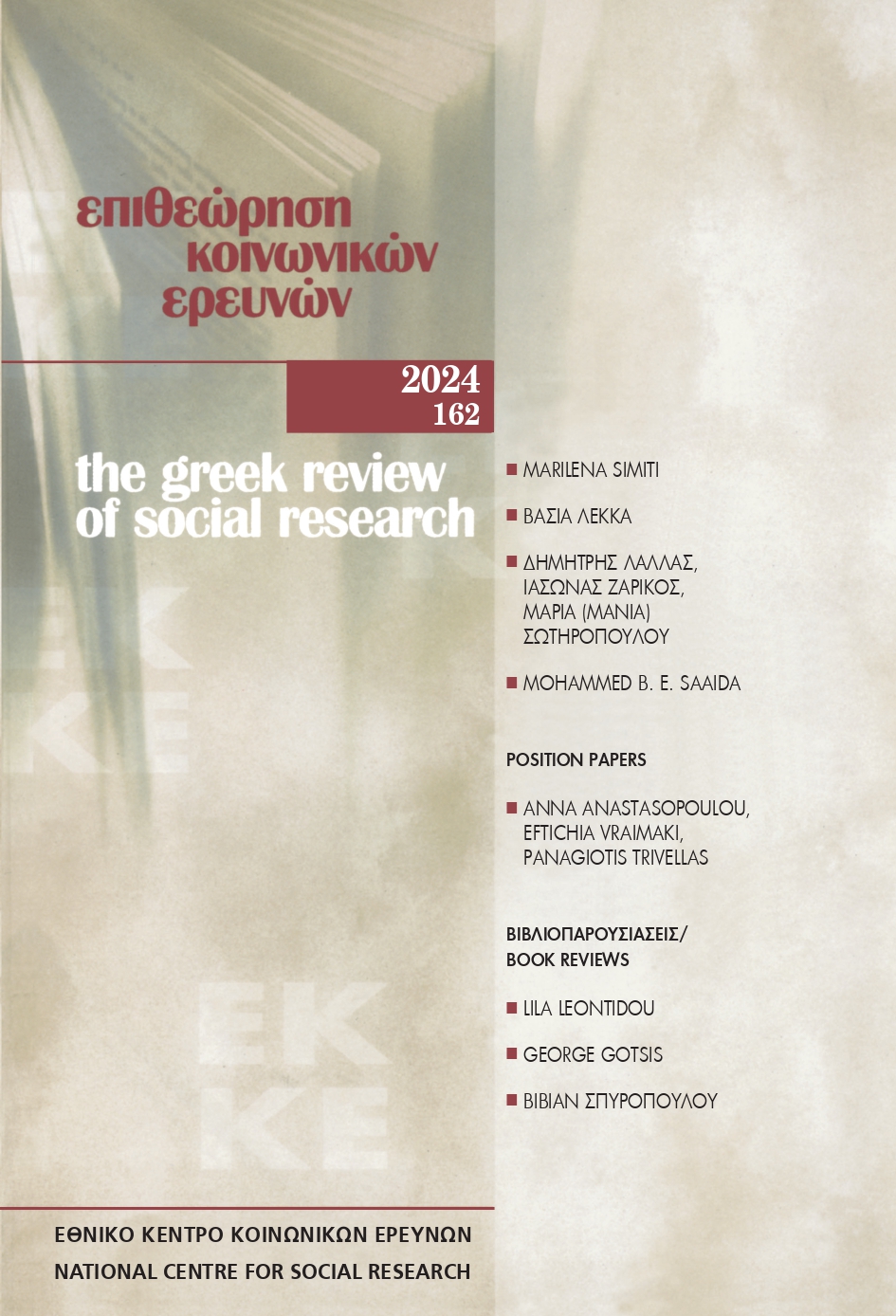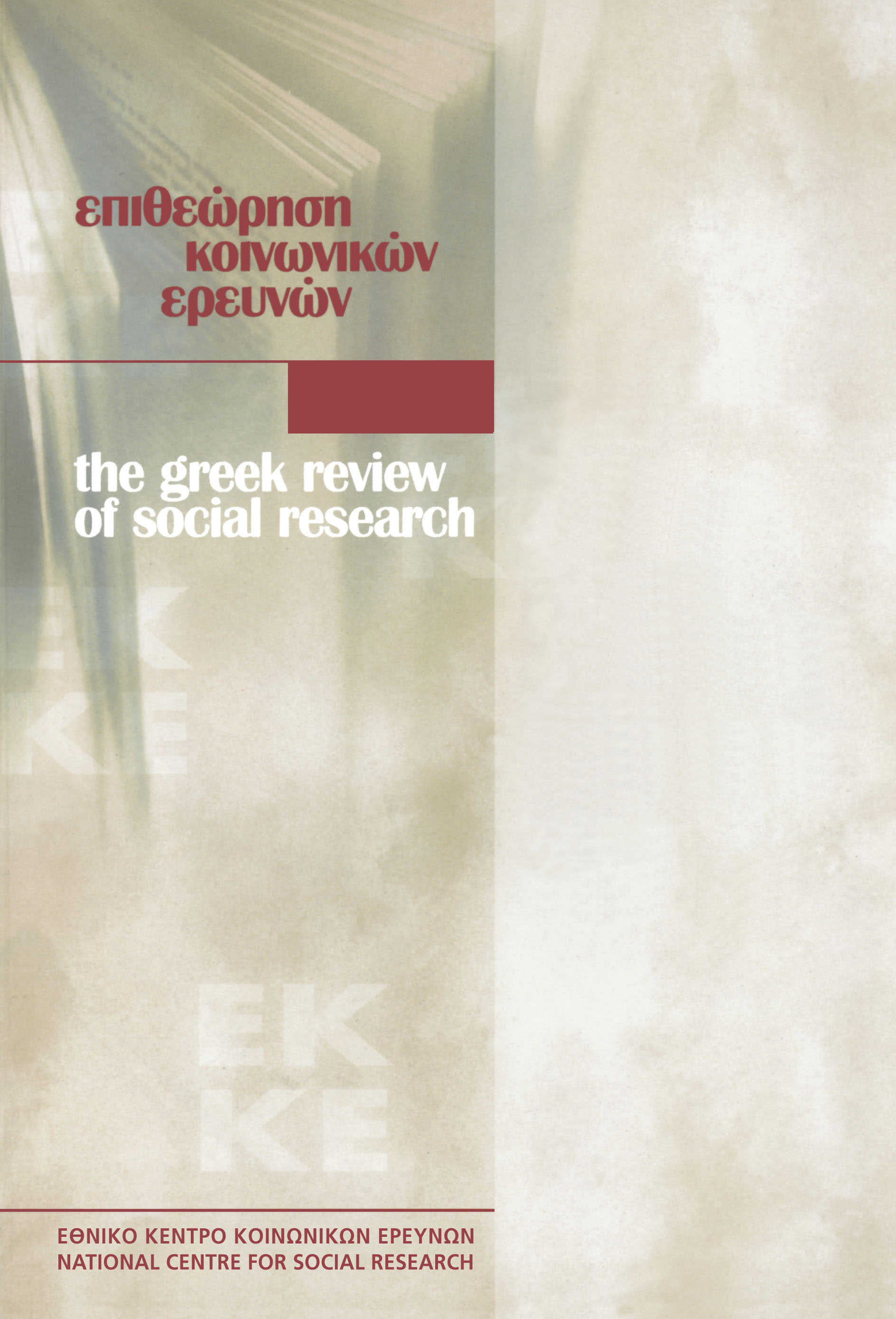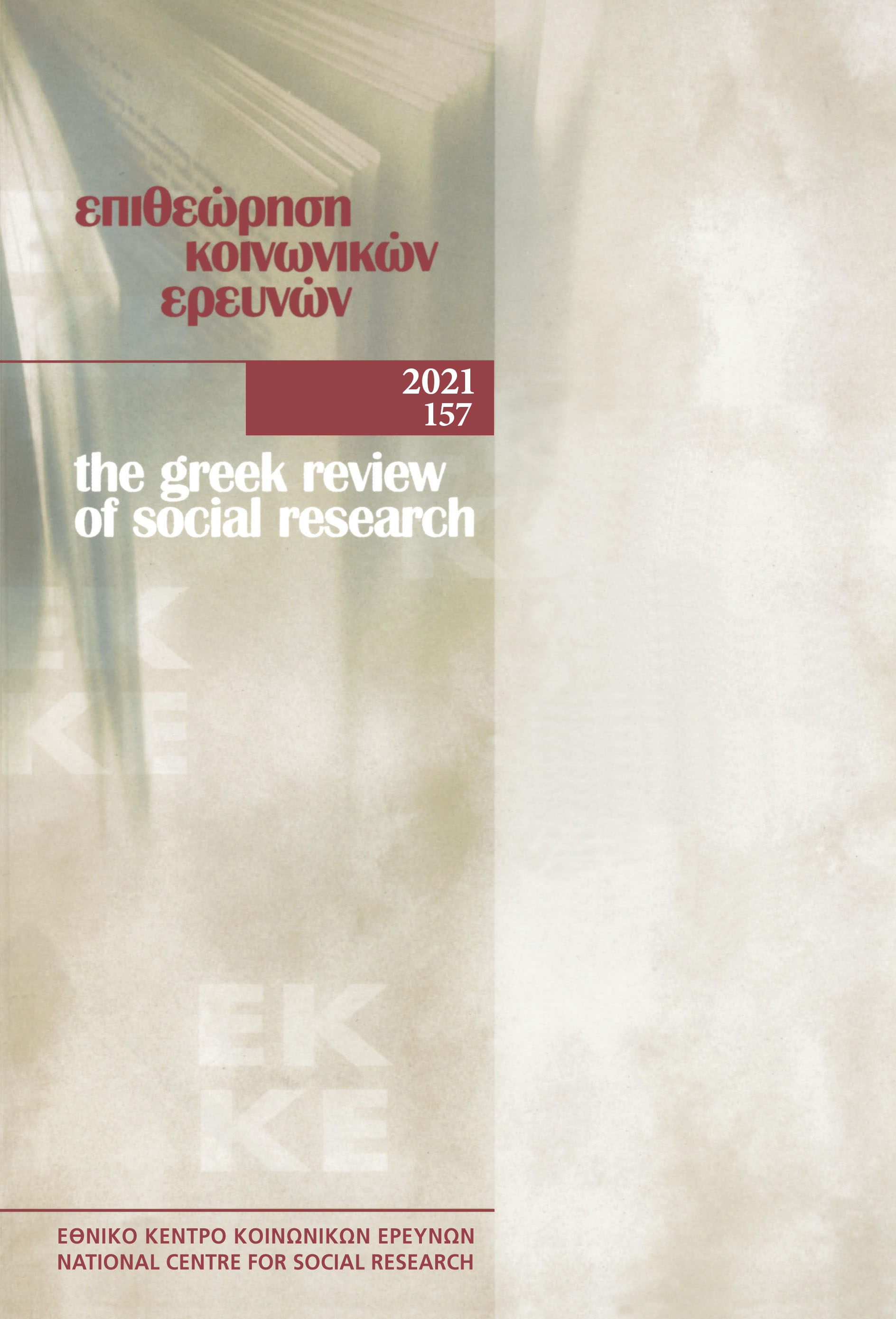Degenerative consumerism and the Greek crisis

Abstract
In this paper, we highlight the way consumerism is conceptualized and the problematization of its relation to the Greek crisis, by analyzing the relevant articles in the Sunday edition of Kathimerini during the period 2010-2016. Utilizing the methodology of Thematic Analysis, we present the basic themes through which specific politics of signification of the consumerism and the multidimensional (not only fiscal) Greek crisis as closely intertwined phenomena emerge. The emergence of consumerism as a degenerative and pathogenic ethos in a central theme indicates politics of signification and problematization of consumerism as a cause, symptom and aggravating factor of the multidimensional crisis of the Greek social formation. These are mass address politics of meaning which seem to be part of the broader liberal perspective and attempt to interpret the Greek crisis through the analytical prism of consumption and, above all, consumerism.
Article Details
- How to Cite
-
Lallas, D., Zarikos, I., & Sotiropoulou , M. (Mania). (2024). Degenerative consumerism and the Greek crisis. The Greek Review of Social Research, 162, 57–88. https://doi.org/10.12681/grsr.36710
- Issue
- 2024: 162
- Section
- Articles

This work is licensed under a Creative Commons Attribution-NonCommercial 4.0 International License.
Authors who publish with this journal agree to the following terms:
- Authors retain copyright and grant the journal right of first publication with the work simultaneously licensed under a Creative Commons Attribution Non-Commercial License that allows others to share the work with an acknowledgement of the work's authorship and initial publication in this journal.
- Authors are able to enter into separate, additional contractual arrangements for the non-exclusive distribution of the journal's published version of the work (e.g. post it to an institutional repository or publish it in a book), with an acknowledgement of its initial publication in this journal.
- Authors are permitted and encouraged to post their work online (preferably in institutional repositories or on their website) prior to and during the submission process, as it can lead to productive exchanges, as well as earlier and greater citation of published work (See The Effect of Open Access).




